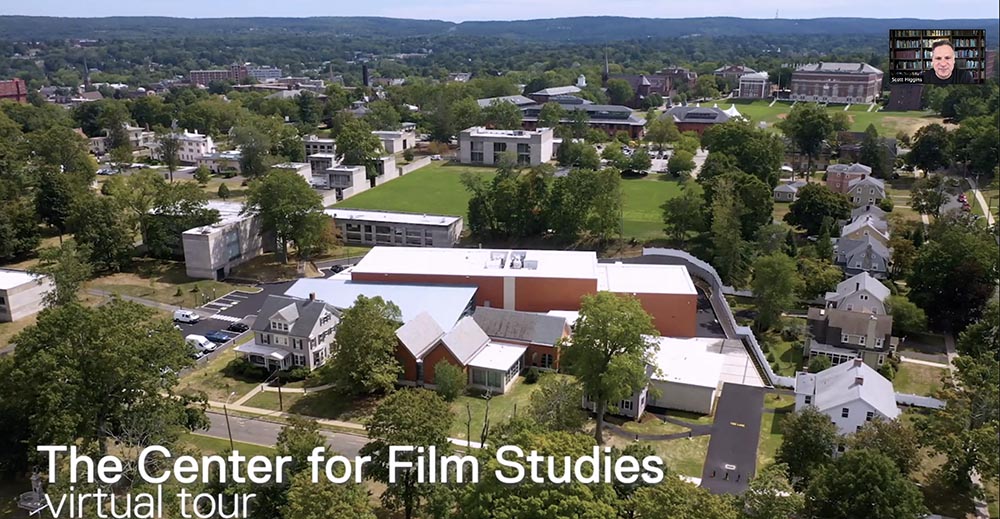EP 460 Is Capitalism Good for Our Health?
There is a growing concern that capitalism, as presently practiced in the United States, is not working in the best interest of the majority of our citizens. The growing income inequality gap is just one measure of how the ideal of The American Dream is becoming an illusion to a growing sector of our population. In his book, ‘At What Cost’, Nicholas Freudenberg, public health expert and City University of New York distinguished professor, demonstrates how the impacts of a virulent form of capitalism is affecting everything from the food we eat to education we receive to the medical care we can obtain. While the benefits of the capitalist model were best demonstrated in the mid twentieth century, corporate interests have dominated our national politics for the last forty years and the results are concerning. Americans consider themselves less happy, healthy, or freer than in the past.. And our confidence in the future is waning. How do we right this ship? We look at the data to back these conclusions and offer solutions going forward.
Podcast: Play in new window | Download







